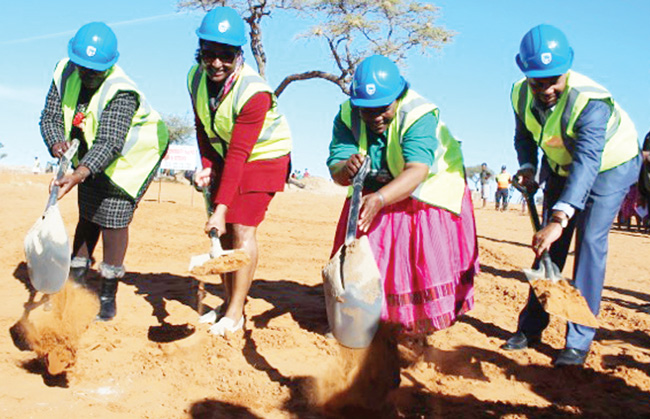
More support for breastfeeding

Officials from United Nations Children’s Fund (UNICEF) and the World Health Organization (WHO) last week re-emphasised the importance of removing social and economic barriers which often prevent infants from getting the lifelong health benefits of breast milk.
The two organisations emphasised the importance of breastfeeding on the occasion of the World Breastfeeding week.
The World Breastfeeding Week is celebrated globally every year from 1 to 7 August to encourage breastfeeding and improve the health of babies around the world.
This year’s theme, “Breastfeeding: Not just a one woman job” emphasised that successful breastfeeding practices require a supportive social, cultural and economic environment and time, as well as support and encouragement from healthcare providers, family members, employers and community leaders.
“Breast milk is a baby’s first vaccine, the first and best protection they have against illness and disease,” said UNICEF Representative, Micaela Marques de Sousa.
“For most mothers, particularly the working mothers, support is needed to balance the demands of making a living with the desire to provide this first line of defence for the baby through breastfeeding,” she added.
The World Breastfeeding Week theme helps to revisit the discussion on working women and breastfeeding and sets the pace for reinvigorating earlier global campaigns.
“It is globally recommended that mothers start breastfeeding within the first hour of their babies’ lives and breastfeed exclusively for the first 6 months,” said WHO Representative, Dr. Monirul Islam.
“Creating conditions for these important feeding guidelines to be followed can affect survival and health for children and mothers as there would be lower rates of disease and death,” he added.
According the 2013 Demographic and Household Survey, 49% of children in Namibia are exclusively breast fed between birth and 6 months of age, however the practice of continued breastfeeding up to 2 years along with the introduction of complementary foods, is not well practised in Namibia.











































